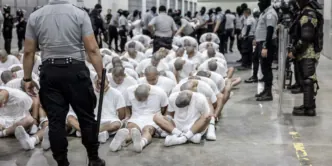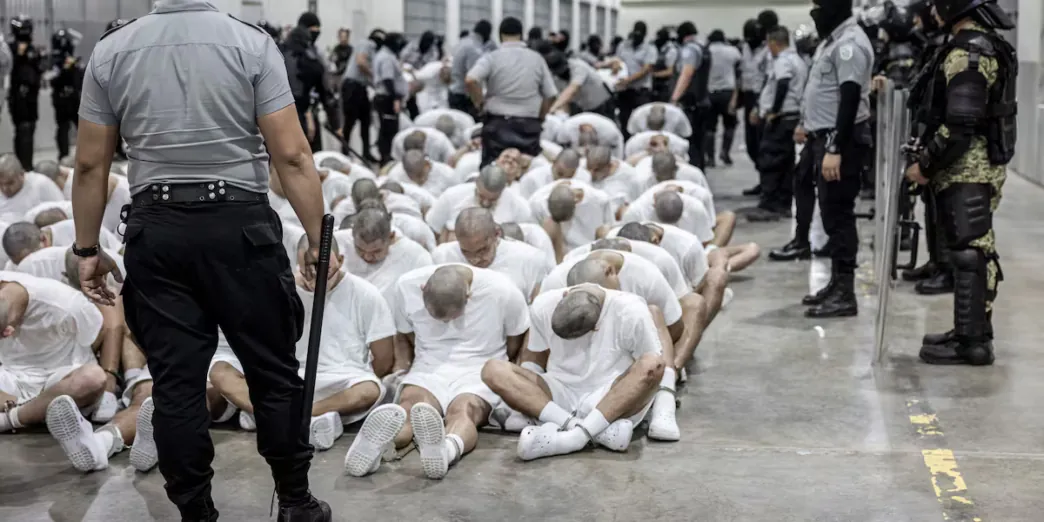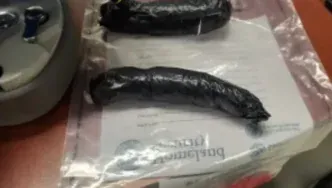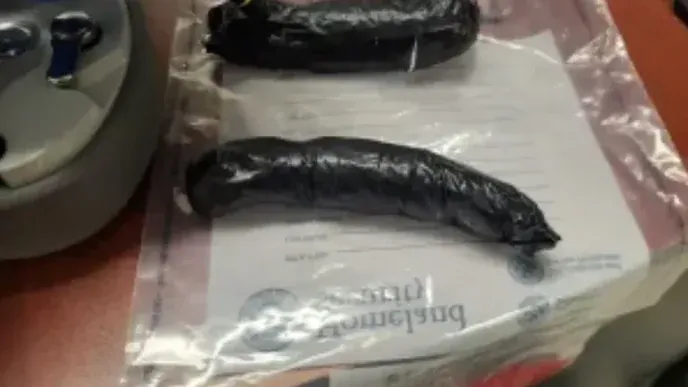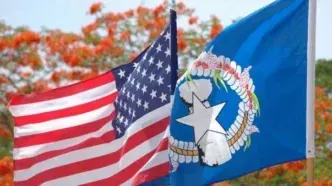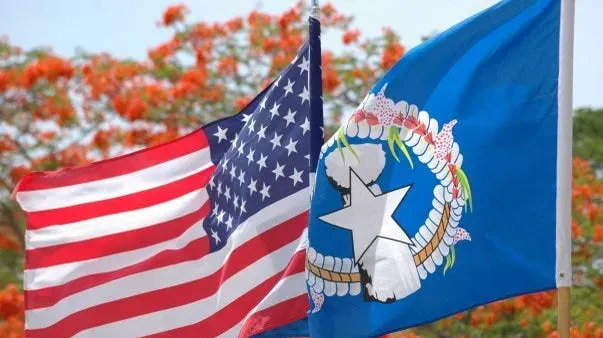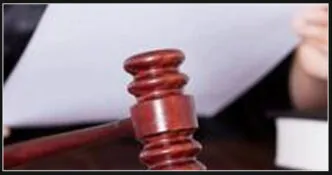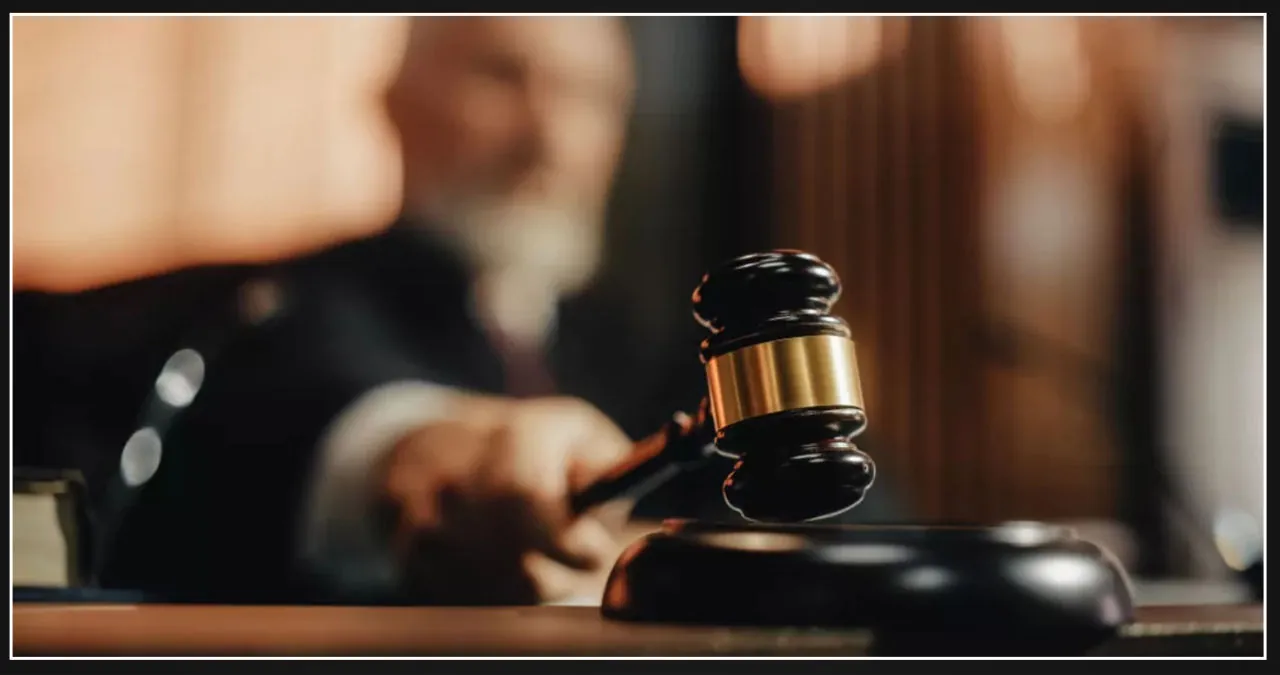The Trump administration announced Monday that it deported 17 additional “violent criminals” linked to the Tren de Aragua and MS-13 gangs to El Salvador. This move reinforces the administration’s policy of deporting individuals to third countries, despite ongoing criticism regarding transparency and human rights concerns.
According to the State Department, the deportees were removed Sunday night. While the statement confirmed that murderers and rapists were among those deported, it did not disclose their nationalities or details of their alleged crimes. However, El Salvador’s presidential office stated that both Salvadorans and Venezuelans were among the detainees.
“These criminals will no longer pose a threat to our communities and citizens,” Secretary of State Marco Rubio declared. “Once again, we express our deep appreciation to President Bukele and the government of El Salvador for their unmatched cooperation.”
The men were transported to El Salvador via a U.S. military flight, according to the State Department. Footage released by the Salvadoran government showed the prisoners being taken by bus to the country’s maximum-security facility, where they changed into the prison’s white T-shirts and shorts and had their heads shaved.
Harsh Detention Conditions
Video footage depicted the detainees being led into a cell block, forced to kneel on the floor with their wrists cuffed behind their backs and ankles shackled. Guards maintained a firm grip on their necks as they moved them at a rapid pace while bent at the waist. Some detainees groaned under the strain, and one appeared to vomit as he listened to instructions.
Earlier this month, over 200 Venezuelan immigrants facing deportation were also sent to El Salvador and are currently held in the same maximum-security prison.
Trump’s administration has deported individuals of various nationalities to multiple Central American countries. However, El Salvador remains the only nation receiving deportees specifically for imprisonment.
Bukele’s Offer and Trump’s Response
In February, President Nayib Bukele offered to incarcerate deported individuals—regardless of nationality—during a meeting with Rubio.
On Monday evening, Trump expressed gratitude toward Bukele, stating, “I was elected to remove dangerous individuals who have no place in our country.”
Trump has frequently claimed that the Venezuelan gang Tren de Aragua is infiltrating the U.S. He invoked the Alien Enemies Act of 1798—a wartime measure granting the president expanded authority—to accelerate mass deportations. Although dozens of people were sent to El Salvador under this authority, a federal judge later blocked further deportations. The administration is now seeking Supreme Court approval to resume these actions.
Despite Sunday’s deportations, the State Department, Department of Homeland Security, and Department of Defense have not provided specific details regarding the individuals removed, their alleged crimes, or the legal framework used to justify their deportations.
Legal and Human Rights Challenges
Immigration and civil rights advocates continue to challenge the Trump administration’s practice of deporting individuals to countries other than their own. They argue that deportees should have the right to express fears of persecution or torture before being sent elsewhere. Advocacy groups have also filed lawsuits to prevent the use of the Alien Enemies Act in these deportations.
On Friday, a federal judge temporarily halted the administration’s policy of deporting individuals to third countries without first allowing them to argue that relocation would endanger their lives. The judge ruled that individuals with final removal orders must be granted “a meaningful opportunity” to present their case against being sent to a foreign country.
In response, the Trump administration filed an appeal on Sunday, asking the court to reverse its decision. It also issued updated guidance on how Homeland Security determines whether an individual can be deported to a third country.
Anwen Hughes, an attorney with Human Rights First—one of the organizations suing the government—stated Monday that her team is still gathering details on the latest removals, including the nationalities of those deported and the legal basis for their removal.
“In cases where immigrants are sent back to their home countries, they usually understand the conditions and have family or social networks for support,” Hughes explained. “But when they are sent to an unfamiliar country, they are placed in a position of extreme vulnerability, lacking legal rights or any form of local support.”
Legal Pushback from Venezuela
On Monday, lawyers representing Venezuelan deportees imprisoned in El Salvador petitioned the country’s Human Rights Ombudsman to confirm their clients’ whereabouts. Neither the U.S. nor Salvadoran governments have released an official list of the individuals deported earlier in March.
Lawyer Jaime Ortega stated that their petition also requests verification of the detainees’ health conditions and ensures those requiring medical attention are receiving adequate care.
Last week, the legal team filed habeas corpus petitions on behalf of 30 Venezuelans among the 200+ deported to El Salvador. When asked about the additional Venezuelans sent Sunday, the attorneys admitted they had no further information.
Ortega emphasized that the U.S. government has yet to provide any concrete evidence proving the deported individuals committed crimes.
Additionally, on Monday, a federal judge temporarily halted the Trump administration’s plan to terminate temporary legal protections for hundreds of thousands of Venezuelans—just one week before the policy was set to expire.
This Article Includes

